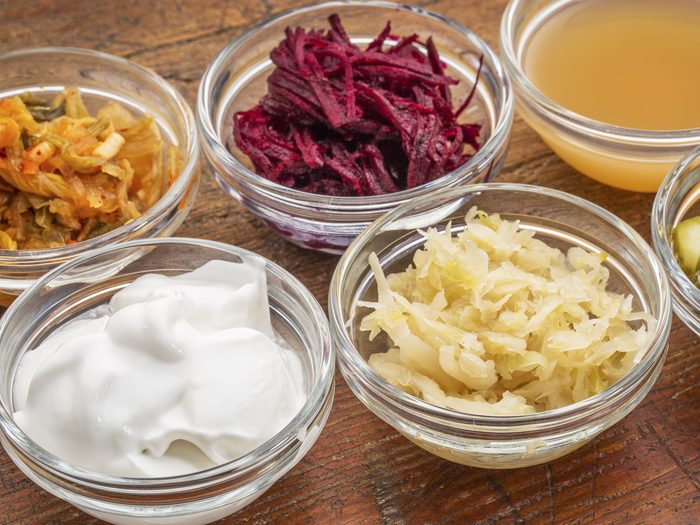
In order to have a healthy gut, you need to understand the difference between prebiotics and probiotics.
Prebiotics, according to Alanna Cabrero, RD, with NYU Langone Health, are food, or nourishment, for the good bacteria in your gut. Probiotics, on the other hand, “are bacteria and yeast that support our body’s ability to absorb and digest nutrients, as well as build a healthy immune system, including the ability to fight infection,” she explains. Prebiotics, a type of fibre, encourage the sustainability of healthy bacteria and, together with probiotics, promote better gut health. “One of the secrets to digestive health is to balance out the good and bad bacteria in your gut through eating probiotic-rich foods along with prebiotic fibre,” says Cabrero. Find out how you can get the most out of your probiotics.
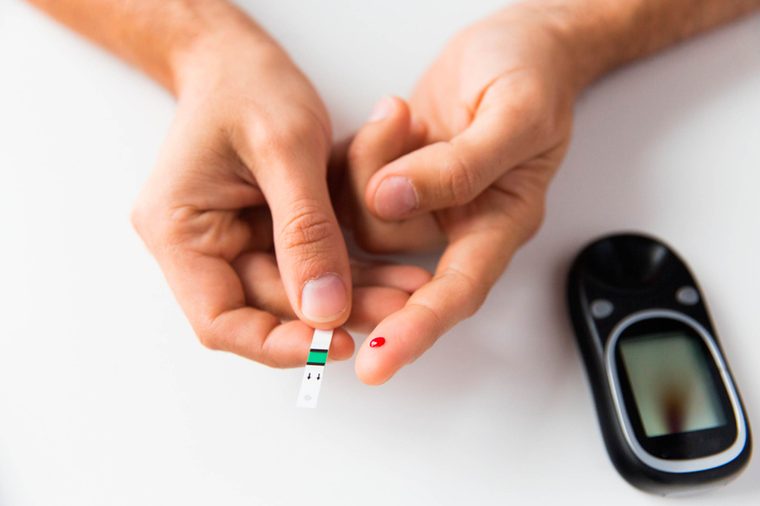
Why probiotics are important
A review of the research on probiotics suggests that these bacteria can keep the immune system strong and reduce chronic inflammation, which is associated with serious diseases like diabetes, heart disease, and cancer. They can also improve digestion and skin—and help maintain a healthy body weight. “Our gut (or some would say the ‘window to our health’) is home to 70 to 80 percent of your entire immune system, so it’s important to keep it happy,” says Cabrero. Did you know that probiotics can help improve your mental health?
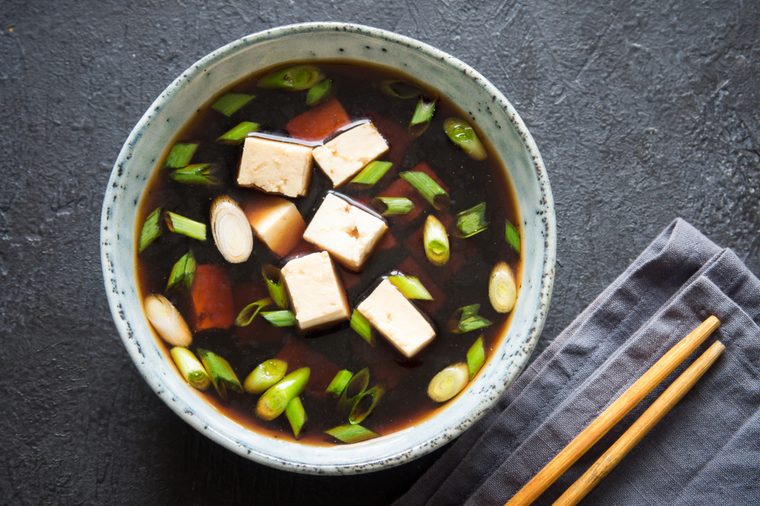
Where can you find probiotics?
Probiotic-rich foods include fermented, or cultured, treats like kefir, sauerkraut, natto, tempeh, miso, kvass, kombucha (Learn how to make your own with just 5 ingredients.), and live-culture yogurt.
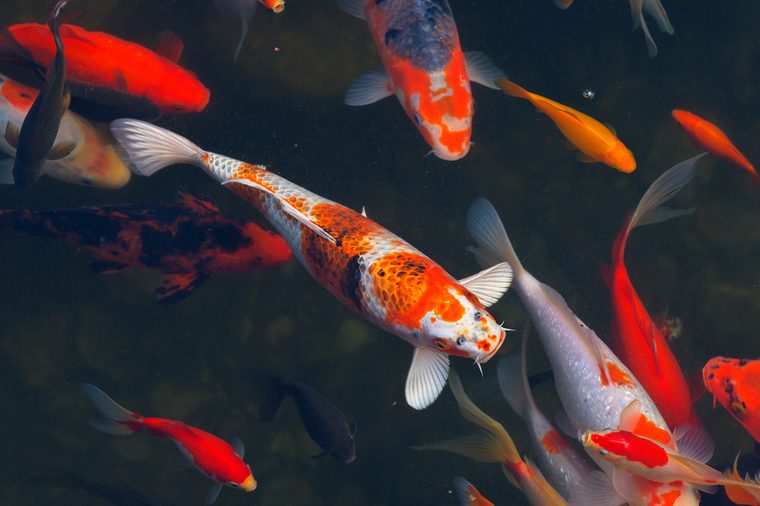
Feeding your gut bacteria with prebiotics
Here’s one way to think about prebiotics vs. probiotics: “I think of taking probiotics as the equivalent of restocking a pond with fish. Taking prebiotics, by contrast, is like nourishing and supporting the fish that are already in the pond,” says Raphael Kellman, MD, author of The Microbiome Diet: The Scientifically Proven Way to Restore Your Gut Health and Achieve Permanent Weight Loss. These are the best probiotics for weight loss.
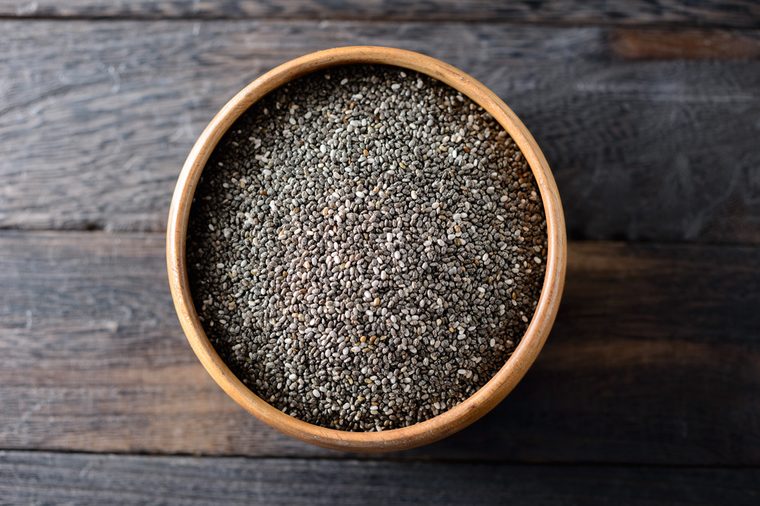
Where can you find prebiotics?
Another way to think of prebiotics vs. probiotics: The healthy bacteria in your gut—the ones you get from probiotic foods—feed on (prebiotic) fibre in other foods, Cabrero explains. She suggests eating high-fibre foods like onions, garlic, oats, bananas, ground flaxseed, and chia seeds. (Here’s the best foods to eat if you want a healthier gut.) She also advises getting your prebiotics from food rather than from supplements: “Taking too much can cause bloating and gas,” she explains.
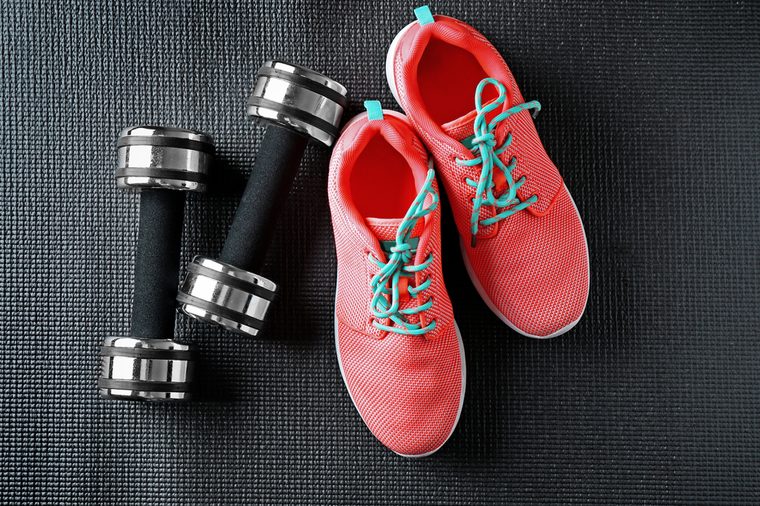
Getting the most from probiotics and prebiotics
“As much as feasible, avoid foods and lifestyle choices that can kill your good bacteria,” explains Cabrero. This includes the overuse of prescription antibiotics or other medications; eating too much sugar or gluten; a lack of exercise or lack of sleep; and stress, smoking, and alcohol consumption. Check out these 10 ways to strengthen your gut bacteria.
Originally published as Prebiotics vs. Probiotics: What’s the Difference? on ReadersDigest.com.
